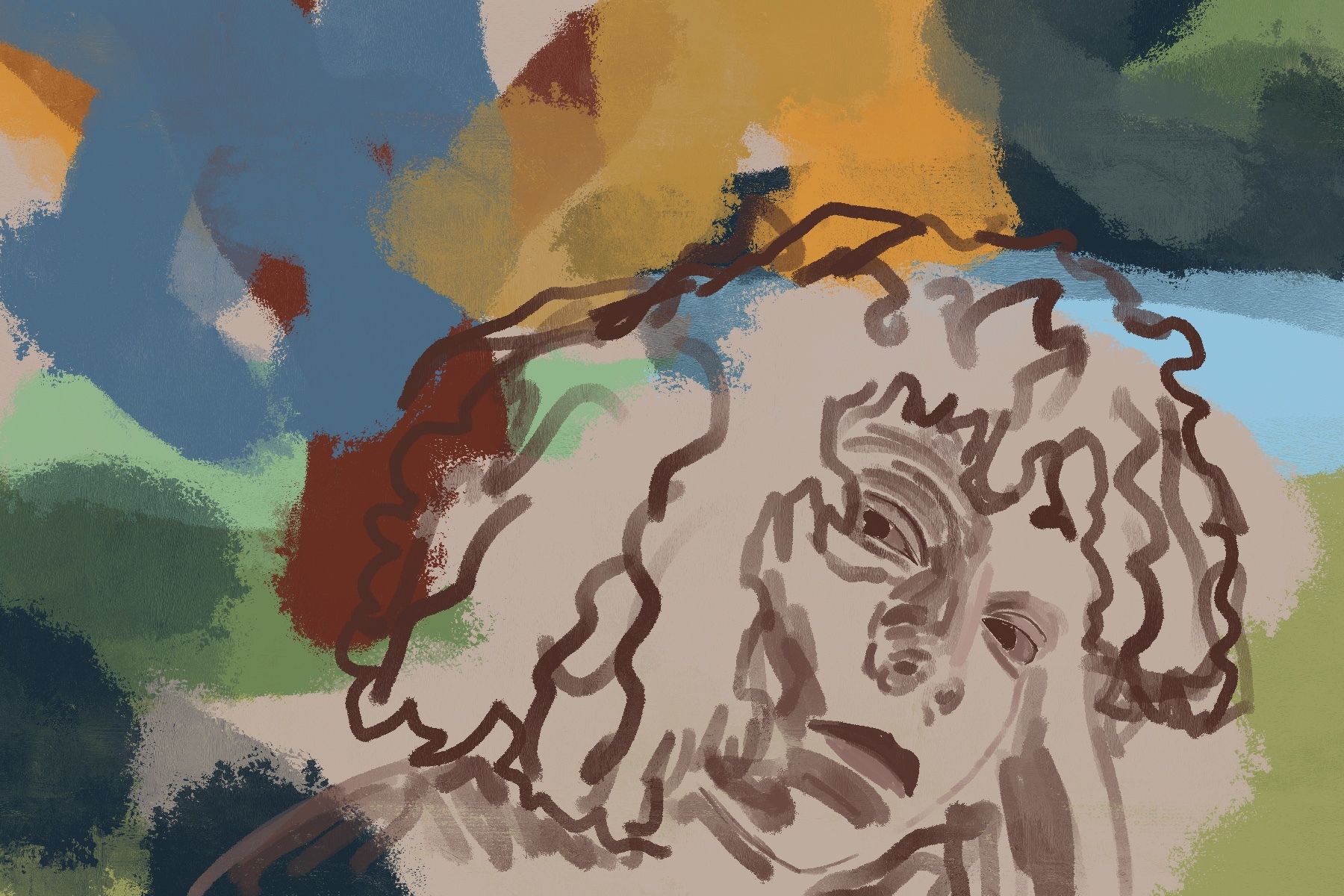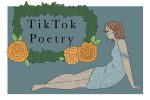Francine j. harris is a celebrated poet — the author of “Play Dead,” and “Allegiance,” the winner of Lambda Literary and Audre Lorde awards and the finalist for the Hurston/Wright Legacy Award, the Kate Tufts Discovery Award and the PEN Open Book Award. Hailing from Detroit, Michigan, she is now an associate professor of English at the University of Houston. Her newest poetry collection, “Here is the Sweet Hand,” has won the 2021 National Book Critics Circle Award in poetry, and it is a compelling exploration of loneliness, Blackness and love in contemporary society.
The poems in “Here is the Sweet Hand” are both expansive and intimate. They touch upon broad societal topics such as pop culture and political issues, along with personal themes of isolation and love. Her poems deal with emotions beneath the surface, as well as the larger affairs of society, traveling between the two with captivating ease. By doing this, she explores how the questions and events of larger society affect the smaller issues of personal emotion, forming an interconnecting web that captures the confusing and tangled aspects of the world.
Throughout “Here is the Sweet Hand,” harris pushes the boundaries of language while attempting to make sense of the world’s uncertainty. Her poems travel through numerous landscapes and settings. They are deeply observant and interested in a wide range of elements, from animals to subway shootings to Kanye West to the CIA to Toni Morrison. However, they never seem to lose their focus.
Readers are continually grounded in harris’ voice, feeling that they are looking out upon the world through her eyes, and thus unable to get lost in the confusion of everything she is addressing. The first poem in the book, “Versal,” captures this feeling well. The speaker describes a rural landscape — one of the many landscapes harris inhabits in the book — and spends time traveling over its depths, features and tones: “The foliage low hangs a lake I like, an ice cave shot, a hit tide, a frozen in place.”
Reading through, I became pleasantly lost in the scenery she was painting — its lightness and darkness, beauty and disorder. “The dark bark is humming,” she writes. “Night stretched. A reserve is craning in its path glow, pitch fall. Matted grass atrament, blowing night like long husk.”
At the end, she states, “and a black girl is standing in it.” This alerted me to the nature of the poems from there on out. Her protagonists are looking out upon tangled landscapes, observing them, charting them and attempting to grasp what they might mean. Readers are anchored by the focal point of harris’ voice throughout these confused and complicated worlds.
Attempting to list all of the themes and topics that harris touches upon to describe her poetry will do little to capture the largeness of her voice. It is bold, humorous, fierce and vulnerable. These poems challenge readers, refusing to exist solely for their pleasure, causing them to notice complexities within the poems that mirror the clutter of life.
The author sees these complexities and chooses to respond to them. She embodies different spaces, emotions and subjects, then builds her poems upon this disorder with expertise. The lack of simplicity within her poems is actually what lends them a wonderful sense of completeness. She preserves the complexities of life in her writing while capturing their wholeness.
“Here is the Sweet Hand” is continually daring with its language, and the freedom harris feels in her writing often flies off the page. In the poem “So is we thinking up new ways to f–k, or nah,” harris rewrites the lyrics to the song “Or Nah” by Ty Dolla $ign. Attracted to the beat, but despising the lyrics when she thought about them for too long, she decided to remove their toxicity by rewriting them into an intricate poem.
The original song details a person wanting someone’s company only for what they can do for them sexually. Its lyrics are lewd and transparent. The poem is the exact opposite — harris mentions such things as honey, death, god and grits, while interweaving fractured sentences within the original concept of asking another person what they’re willing to do. It is a study in the power of poetry, as the poet is encouraged to rewrite the things they don’t like — the thoughts, the songs, the ideas and everything else the world may give them. It displays the power to continue asking questions and complicating the aspects that should never be so simple.
The poems in “Here is the Sweet Hand” are complex, refusing to meet expectations or facilitate easy reading. However, the messages are strikingly clear, which makes them all the more engrossing. For example, in “Limulus Polyphemus” she writes, “Whatever we bled out, was given to white men for research before they kicked us, back to sea, half faint, half apocalypse.” In “Single Lines Looking Forward. or One Monostich Past,” she explains, “Sometimes when I say something to white people, they say, ‘I’m sorry?’” She humorously states, “I don’t sound like TED Talk, or smart prose on Facebook.” The sharpness of her voice brings readers through the intricacies of the poems, rewarding them at every turn.
Though some readers may be put off by the darkness in harris’ poems — such as her morbid descriptions of rotting meat, cemeteries and gore, which I take to be part of her examination of the mess that constitutes the world — harris finds power in such depictions. Though at one time worried about how people (Black people specifically) would feel about her poems because of this, she no longer thinks this way.
“Maybe what it has to do with Blackness is the kind of private revelry I take with other poets about how much power we get from the grotesque,” she told Electric Lit. “How much fearlessness is in being able to look the world raw in the face and see how ugly it can be and still love it despite itself.”
Francine j. harris is a poet to be reckoned with, and her voice continues to reach for new heights and possibilities, refusing to be pigeonholed or reigned in. In “Here is the Sweet Hand,” she makes use of that voice. It is a joyful, challenging and enriching read.

















